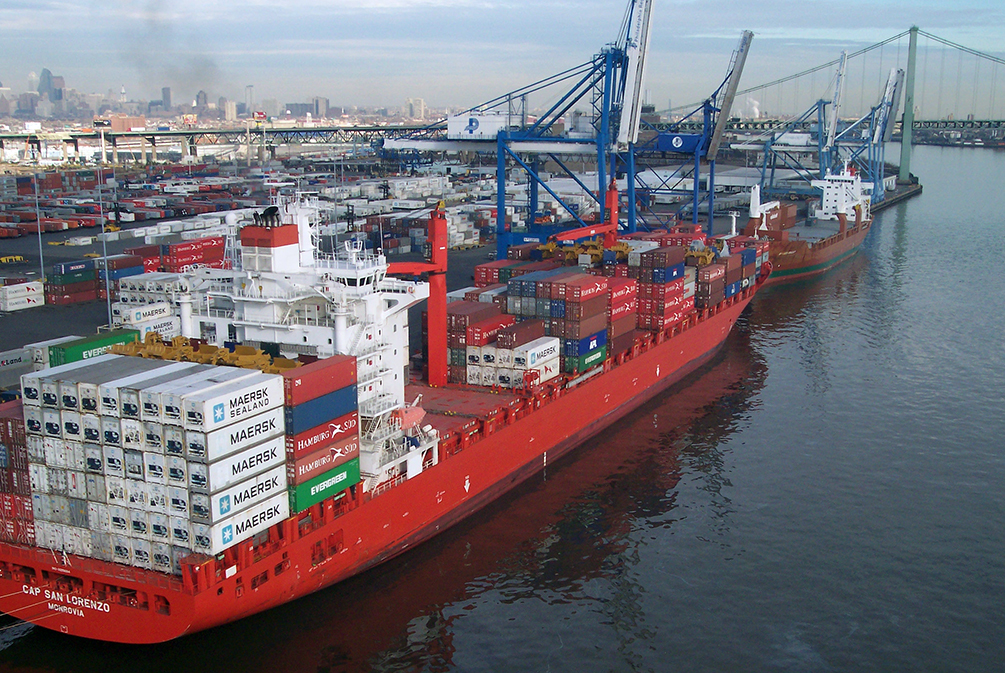ILA Executive VP defends union’s fight against automation

The International Longshoremen's Association (ILA) finds itself at a critical juncture as its Master Contract negotiations with ocean carriers and employers continue to develop. At the heart of this impasse is the employers' push to expand the use of semi-automated rail-mounted gantry cranes (RMGs).
The ILA is not opposed to progress, innovation, or modernization, ILA Executive Vice President Dennis A. Daggett said in a recent opinion piece. The executive argued that the union cannot support technology that jeopardizes jobs, threatens national security, and puts the future of the workforce at risk.
In the early 2000s, under a previous ILA administration, employers introduced semi-automated RMGs at a new terminal on the East Coast, promising the creation of thousands of jobs. At that time, the New Technology clause in the Master Contract required employers to provide 120 days' notice before implementing new equipment.
But after the notice was filed, employers had free rein to unilaterally introduce whatever they wanted, without protecting the roles and functions of the workforce. This loophole came at a significant cost to ILA members and their families.
By the 2012-2013 Master Contract negotiations, and under new leadership, the union secured workforce protections and guarantees, ensuring that automation could not be implemented without considering its impact on jobs. This progress continued in 2018, when the ILA negotiated a prohibition on full automation, setting clear limits on how far technology could replace human labor.
Today, employers are pushing to expand RMGs, claiming they are only "semi-automated" and necessary for safety and productivity. But the reality is, Daggett stressed, that 95% of the work performed by RMGs is fully automated, from container handling to auto-stacking.
Employers have also claimed that RMGs are needed to densify terminals and increase volume. However, the ILA has said that technological advancements should allow human-operated equipment to achieve the same density.
The automation agenda poses a threat not only to jobs but also to national security and the economy, Daggett added. Ports rely on interconnected systems that are highly vulnerable to cyberattacks, and a single "glitch" can halt operations, as seen in recent port shutdowns.
“The ILA has proven time and again that we can adapt to change. Since 2020, we’ve moved more cargo than ever in our history, shattering volume records while adapting to advanced gate systems and terminal operating technologies,” Daggett wrote in his opinion piece. “Yet, the employers argue that we are holding back modernization. The facts prove otherwise. It’s the hard work and dedication of ILA members that keep America’s commerce moving, not the machines alone.”








































